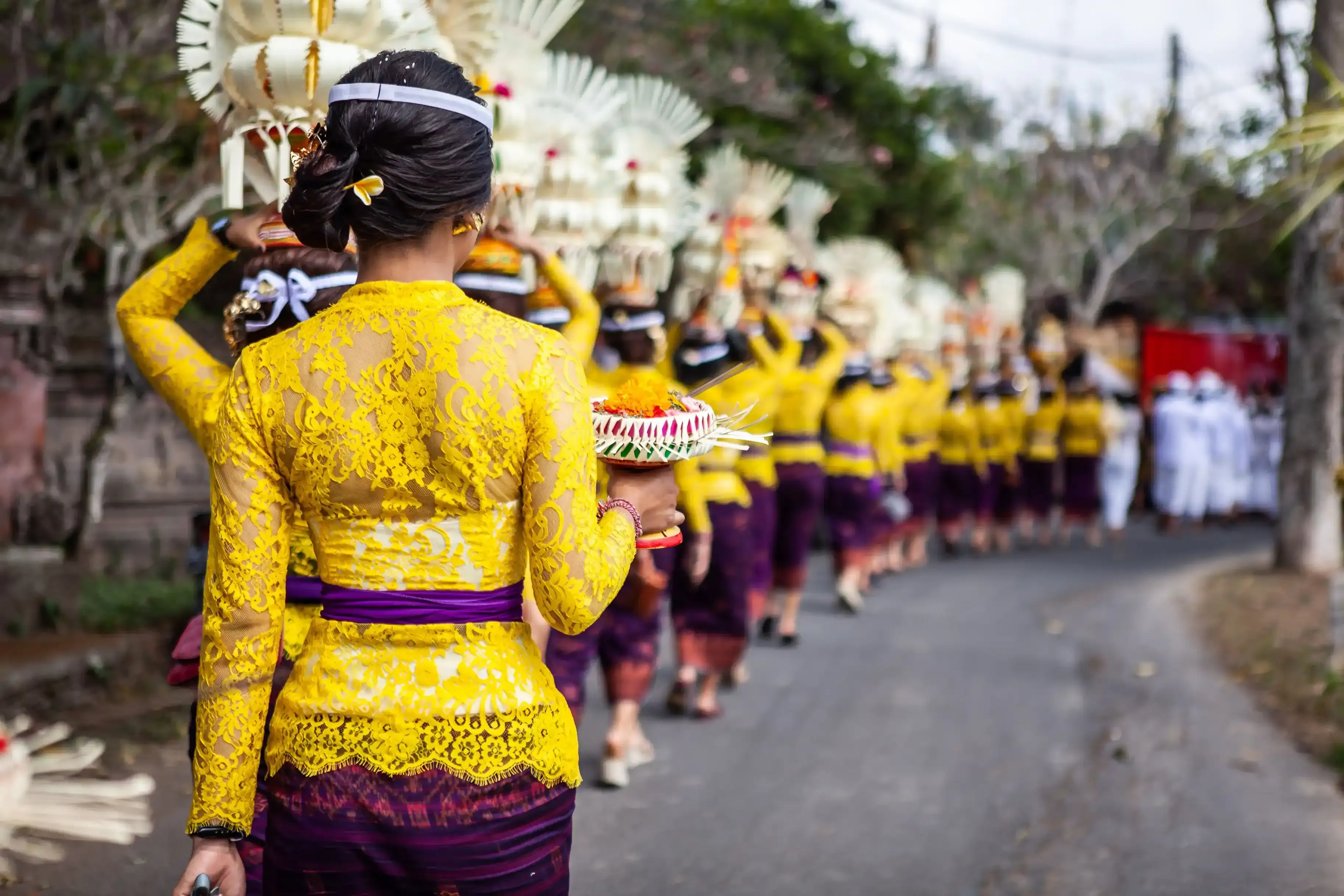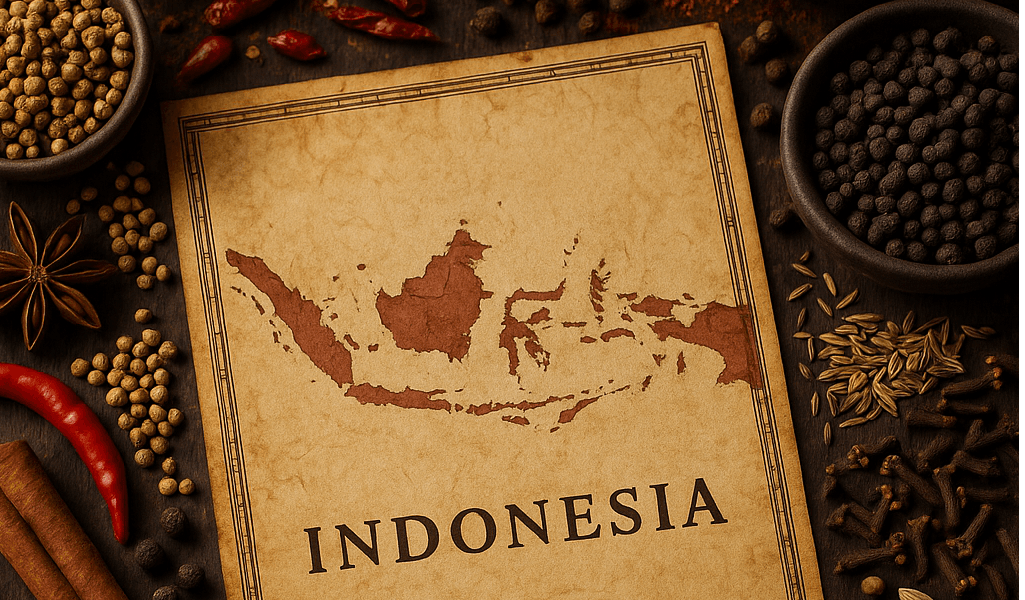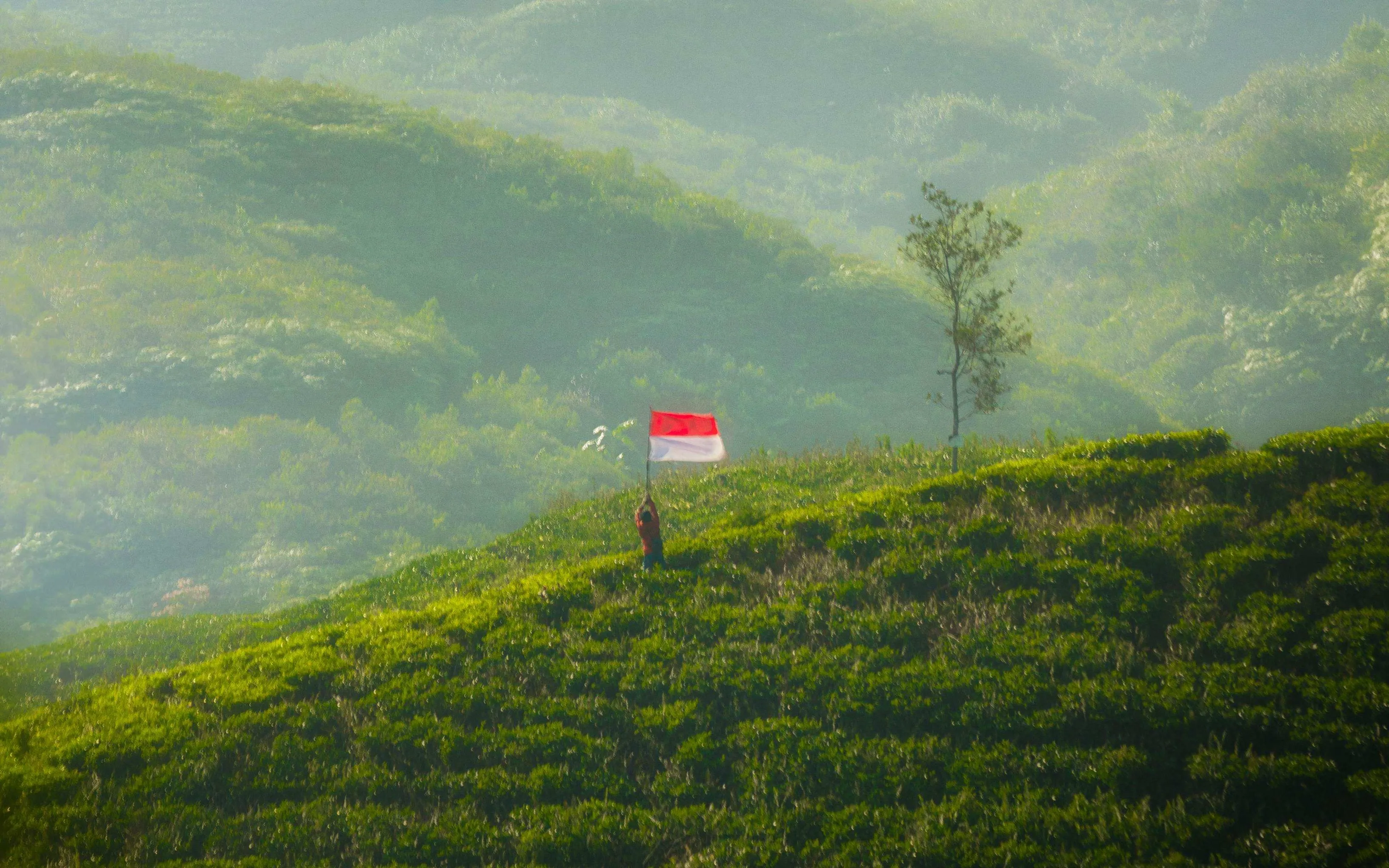Celebrating Galungan and Kuningan: Bali’s Sacred Festivals of Victory and Gratitude
by Alexa Genoyer

As the sun rises over Bali, the streets are transformed into a canvas of vibrant colors, delicate offerings, and towering penjor—graceful bamboo poles adorned with flowers, fruit, and woven offerings—rising like blessings to the sky. These symbolic sculptures mark the beginning of Bali’s traditional ceremonies, Galungan and Kuningan, two of the most visually captivating celebrations in the island's cultural calendar.
During Galungan, the Balinese Hindu community comes alive with prayer, offerings, and ritual. The sights are a feast for the eyes with every step, from the vibrantly dressed participants carrying their offerings to the temples adorned with colorful tapestries and holy symbols. Every shot captures more than just a scene; it encapsulates the soul of Bali itself.
People kneeling in prayer, the subtle reverence in their gestures, the incense smoke curling up into the sky, blending seamlessly with the beauty of Bali’s lush landscapes. The energy of the festivals—Galungan and Kuningan—is both a visual and spiritual experience. The colors of the offerings are rich, bright, and warm, symbolizing life and prosperity. Capture moments of sacred connection, family unity, and respect for the divine, knowing these images will convey the deep meaning of these sacred holidays long after the celebrations have passed.
Learn More About Galungan and Kuningan
Galungan is the grand festival that marks the victory of Dharma (goodness) over Adharma (evil). Celebrated every 210 days in the Balinese calendar, Galungan symbolizes the triumph of virtue and a time when the spirits of ancestors are invited to return to the earthly realm. This traditional ceremony in Bali lasts for 10 days, allowing families to honor their gods, ancestors, and spirits. In 2025, Galungan will be celebrated on Wednesday, April 23rd, 2025. This marks the beginning of the festival, where offerings, prayers, and traditional rituals will take place across Bali.
During Galungan, Pamangku (Balinese priest) ensures the connection between the earthly realm and the divine is maintained. Pamangku blesses the offerings, conducting prayers and guiding the community in the ceremonies to honor the spirits.
For the Pamangku, Galungan is more than just a ritual—it is a time to reflect on the triumph of virtue and to maintain the balance between the human and spiritual worlds. It is an opportunity for families to unite and honor their ancestors, giving thanks for the spiritual guidance and protection they offer.
During this time, Bali is transformed into a spiritual haven, with penjor lining the streets, laden with offerings that represent prosperity and blessings. Families gather to make offerings at temples, conduct prayers, and celebrate in harmony.
At the heart of Galungan is the family. It’s a time for loved ones to unite, reflect on spiritual matters, and share meals. As the island becomes a living temple, visitors are welcomed to experience the traditional ceremony in Bali and vibrant cultural practices that make this festival so unique.
Kuningan is celebrated 10 days after Galungan and marks the closing of the festival. Kuningan, the final day of the celebration, will be held on Saturday, May 2nd, 2025. This is when the Balinese Hindu community sends their ancestors’ spirits back to the heavens, marking the conclusion of the festival with further offerings and prayers. The day is marked by special ceremonies in both village and family temples, where prayers are offered for peace, prosperity, and continued blessings.
While Galungan is about welcoming the spirits of ancestors, Kuningan is a day dedicated to sending these spirits back to their heavenly abode. It’s a day of gratitude and farewell for the ancestors, symbolizing the final closure of the festival. On this day, Pamangku guide the ceremonies of farewell, leading prayers and offerings to ensure the spirits’ safe journey back to their divine abode. Kuningan is a day of gratitude, when the community gives thanks for the protection, guidance, and blessings received from their ancestors.
The Pamangku’s role is crucial in Kuningan, as they facilitate the closure of the festival with offerings that ensure the spirits are sent off with respect and care. The island, filled with the golden hue of yellow, symbolizes purity and light, reinforcing the spiritual connection between the earthly and divine realms. In Kuningan, Bali’s atmosphere is filled with vibrant colors, particularly yellow, which represents purity and light. This is why offerings made during Kuningan often include yellow rice and yellow flowers.
The Significance of Galungan and Kuningan in Balinese Culture
Galungan and Kuningan hold deep meaning for the Balinese, serving as reminders of the spiritual balance between good and evil, the importance of family, and the respect for ancestors. During these festivals, the island becomes a hub of spiritual reflection, prayer, and celebration.
For Balinese Hindus, these festivals provide a tangible way to connect with the divine and the ancestors, strengthening the bond between the earthly realm and the spiritual world. Galungan and Kuningan aren’t just religious holidays; they are a way of life—a spiritual practice rooted in Bali traditional ceremonies that keeps the island's ancient culture alive and thriving.
How Galungan and Kuningan Are Celebrated in Bali
During Galungan, the streets of Bali are lined with penjor, decorative bamboo poles that are elaborately adorned with offerings of fruit, flowers, and other symbols of prosperity. The temples are beautifully decorated, and families engage in rituals and prayers. The entire island comes alive with a sense of reverence and celebration.
Kuningan, on the other hand, sees the culmination of the festivities. The streets are lined with yellow decorations, and the island’s temples resonate with prayers of gratitude. The focus on offerings and rituals is even more intense on Kuningan as the Balinese prepare to send the spirits back to the heavens.
A key aspect of the celebrations is the feast, where Balinese prepare traditional foods such as Babi Guling (suckling pig), Rujak (spicy fruit salad), and Tipat (rice cakes). These meals are shared with family and guests, marking a time of unity and togetherness.
A Journey into Bali’s Spiritual Heart
Galungan and Kuningan are the heart of Bali’s spiritual life—celebrating the triumph of good over evil, connecting with ancestors, and embracing the cycles of nature. In addition to these Bali’s traditional ceremonies and spiritual activities, guests can also explore its art through photography. Stephane Sensey, a French artist and photographer, captures Bali's soul in his stunning photography book, Bali: Island of Gods. The book takes readers through the island’s magical moments and reveals the essence of Bali’s deeply spiritual rituals. The imagery of Galungan and Kuningan celebrations, captured through Sensey’s lens, provides an intimate look into Bali’s living spirituality. Through his work, you’ll experience the island’s diversity and spirituality from a unique perspective.
In Blue Karma Secrets, we invite you to experience the spiritual beauty of these festivals while enjoying the luxury and serenity of our properties whether you are staying in Blue Karma Dijiwa Seminyak, Blue Karma Dijiwa Ubud, and Blue Karma Village.
Our properties provide the perfect backdrop for witnessing the beauty of Bali’s spiritual festivals. Guests can enjoy temple visits, participate in wellness rituals, and explore the island’s vibrant culture during Galungan and Kuningan. Whether you’re seeking spiritual renewal, cultural immersion, or simply a peaceful retreat, Blue Karma Secrets offers an unforgettable way to celebrate Bali’s most sacred festivals.

